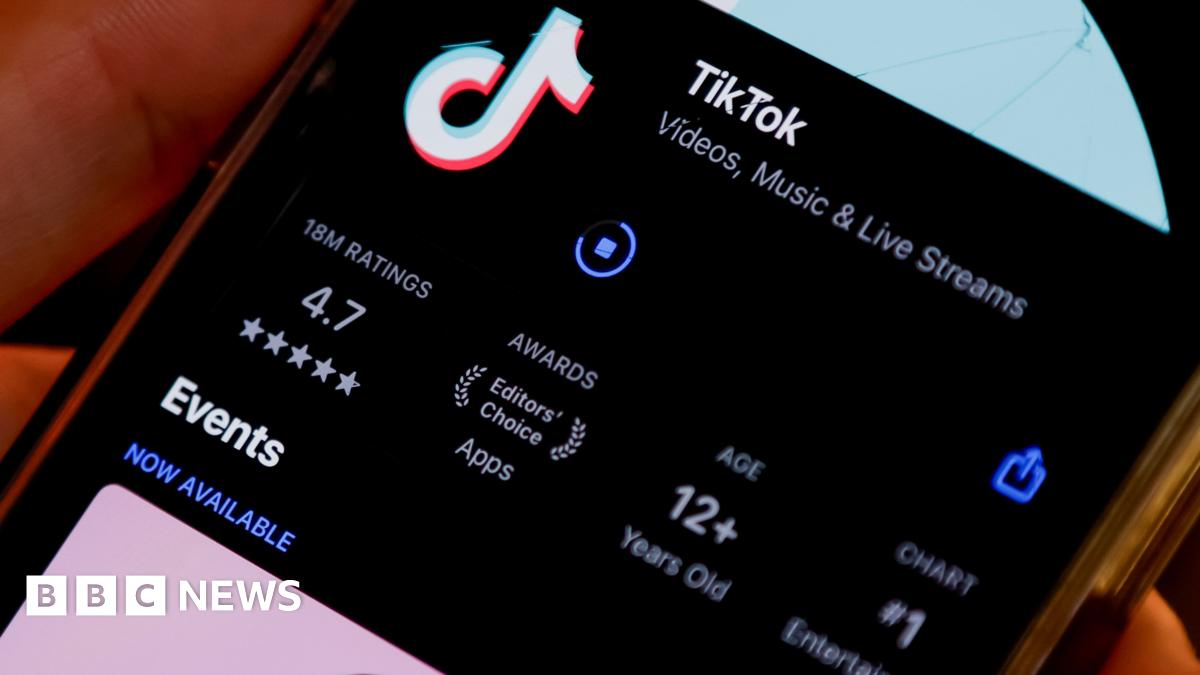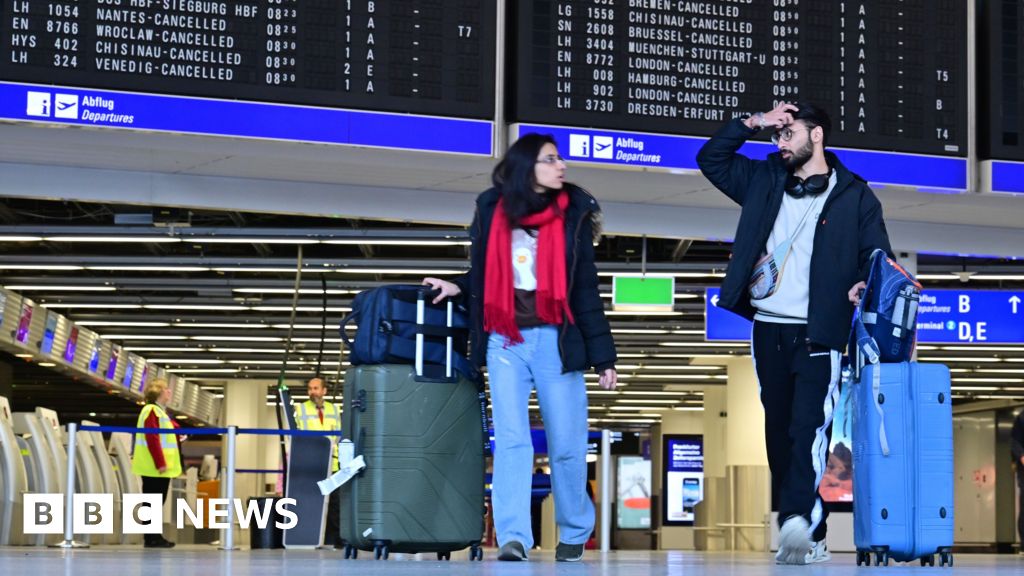Trump said on Friday he had spoken to China’s President Xi Jinping and discussed TikTok, among other issues.
TikTok’s CEO Shou Zi Chew is expected to be among tech executives at Trump’s inauguration on Monday.
US national security officials have warned that Chinese spies could use the app’s data to track American federal employees and contractors, which TikTok has denied.
On Friday, the Chinese embassy in Washington DC accused the US of unfairly suppressing TikTok: “China will take all necessary measures to resolutely safeguard its legitimate rights and interests,” a spokesperson said.
The platform is wildly popular among the 170 million users it says it has in the US. It has also proved a valuable tool for American political campaigns to reach younger voters.
Trump previously backed a TikTok ban, but has more recently professed a “warm spot” for the app, touting the billions of views he says his videos attracted on the platform during last year’s presidential campaign.
Under the law passed last April, the US version of the app would be removed from app stores and web-hosting services in the coming days.
Content creators and small businesses dependent on the app for revenue told the BBC their lives would be changed inordinately if it is shut down.
“Indirectly, TikTok was the majority of my income because all brands want their stuff to be promoted on the app,” Nicole Bloomgarden, a fashion designer and artist who uses TikTok, told the BBC.
TikTok did not respond to a BBC inquiry about what it means by potentially “going dark” in the US.
One possible outcome is what happened in India when the platform fell foul of the authorities there.
Prime Minister Narendra Modi moved to switch off dozens of Chinese-owned apps, including TikTok, in 2020 after a deadly altercation with Chinese forces along contested borderlands.
Two weeks later, India’s 200 million users of TikTok were no longer able to log in after internet providers there were directed to block access to the app.
App stores run by Google and Apple also stopped offering TikTok, which did not legally challenge India’s ban.
Since the ban, short-form platforms from competitors have largely filled the void with TikTok copycats Meta-owned Instagram Reels and Google-owned YouTube Shorts.
Meta is widely viewed as the net winner from India’s TikTok ban.
Credit: Source link











